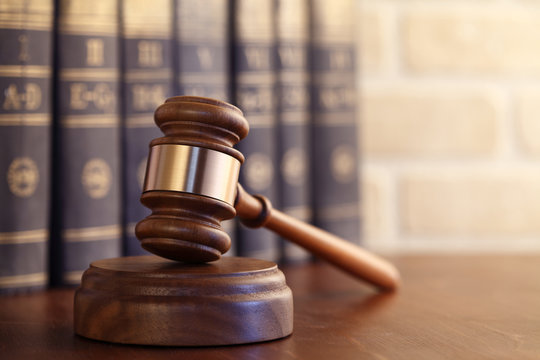Imam wins religious discrimination case against State

A HIGH COURT judge has ordered compensation for a Muslim man who was forced to shave his beard during his incarceration and debarred from religious activities in a religious discrimination lawsuit against the State.
Justice Robin Mohammed ordered compensation of $200,000 for Imam Shazim Mohammed, who filed a lawsuit in 2005.
He alleged a breach of his rights to practise his religion while in prison and although the State conceded on liability, when the matter was transferred to Justice Mohammed in 2019, after being in abeyance for several years, it contested the award of compensation.
In his ruling, Justice Mohammed said he was not of the view that granting declarations was sufficient to vindicate the breaches of constitutional rights.
“The contravention of these rights by the prison authorities by the shaving of the applicant’s beard and his later debarment from engaging in religious activities had a direct effect and consequence on the applicant.
“In this regard, I find that more than just declarations are required to provide effective relief to the applicant for the contravention of his fundamental human rights.
“...In this case, there are clear references to distress and being psychologically and emotionally affected by the discriminatory actions of the State in both affidavits in support and supplemental affidavits filed by the applicant.”
The judge referred to Mohammed’s evidence of his protests being rejected by the prison authorities and the sanctions imposed on him, saying while there were no medical reports to support his claim of distress, the court accepted that he did suffer.
“In this case, there was discrimination and a clear denial of the applicant’s religious freedom to observe his religious beliefs and practices that are well deserving of vindication by monetary compensation,” he said.
He awarded compensatory damages at the upper end of $135,000 and vindicatory damages of $65,000.
“...An individual does not lose his civil and constitutional rights simply because he has been detained in prison custody.
“Religious freedom and equality in the expression of same are essential to our multi-cultural and multi-religious society, where every creed and race find an equal place. To deny an incarcerated individual the freedom to enjoy and practise his religious beliefs and penalise him for his attempts to uphold his fundamental human rights is a disregard for his human dignity.
“I consider the actions of the prison authorities untenable as those went well beyond institutional inertia and appeared to be blatant, deliberate and actuated by malice. Such actions are highlighted and sufficiently renounced to avoid recurrences and breaches of prisoners’ rights,” Justice Mohammed said.
In May 2001, Mohammed entered the prison to serve a six-year sentence. He was released in May 2005.
His beard was first shaved off on May 25, 2001. At the time, he said he did not know his constitutional and legal rights.
The next time it happened in January 2002, he objected, but senior prison officers told him they knew of the prison rules for Muslims, but his beard would still be shaved.
The prison rules provide that the hair and beard of a Muslim shall not be cut except on the written order of a medical officer because of vermin, dirt or on the grounds of health.
Mohammed said he was not examined by a medical officer nor did he have any dirt, lice or vermin on his beard at the time.
Other attempts were made to shave his beard and he was told he would not be allowed to teach Arabic lessons at the prison school, be around the school area or attend Eid prayer sessions. Sanctions were then imposed on him until his release.
From July 9, 2002, to May 20, 2005, or 1,045 days, Mohammed was the only prisoner who could not attend Jumah or go to Eid teachings and attend prison school, the judgment said.
He was not allowed to attend a total of 5,225 Muslim prayers (based on the Muslim right to pray five times a day) and was also deprived of the opportunity to give Khutbah, or the Friday sermon, at Jumah.
He was also prevented from conducting services as an imam at several of the prisons.
Mohammed asserted he was psychologically and emotionally affected by the actions of the prison authorities as he felt he was betraying his religion by not being able to practise his religious belief and observances.
He also felt that he was discriminated against because he is a Muslim.
Mohammed was represented by attorney Sunil Gopaul-Gosine. Daniella Boxhill and Lianne Thomas represented the State.


Comments
"Imam wins religious discrimination case against State"